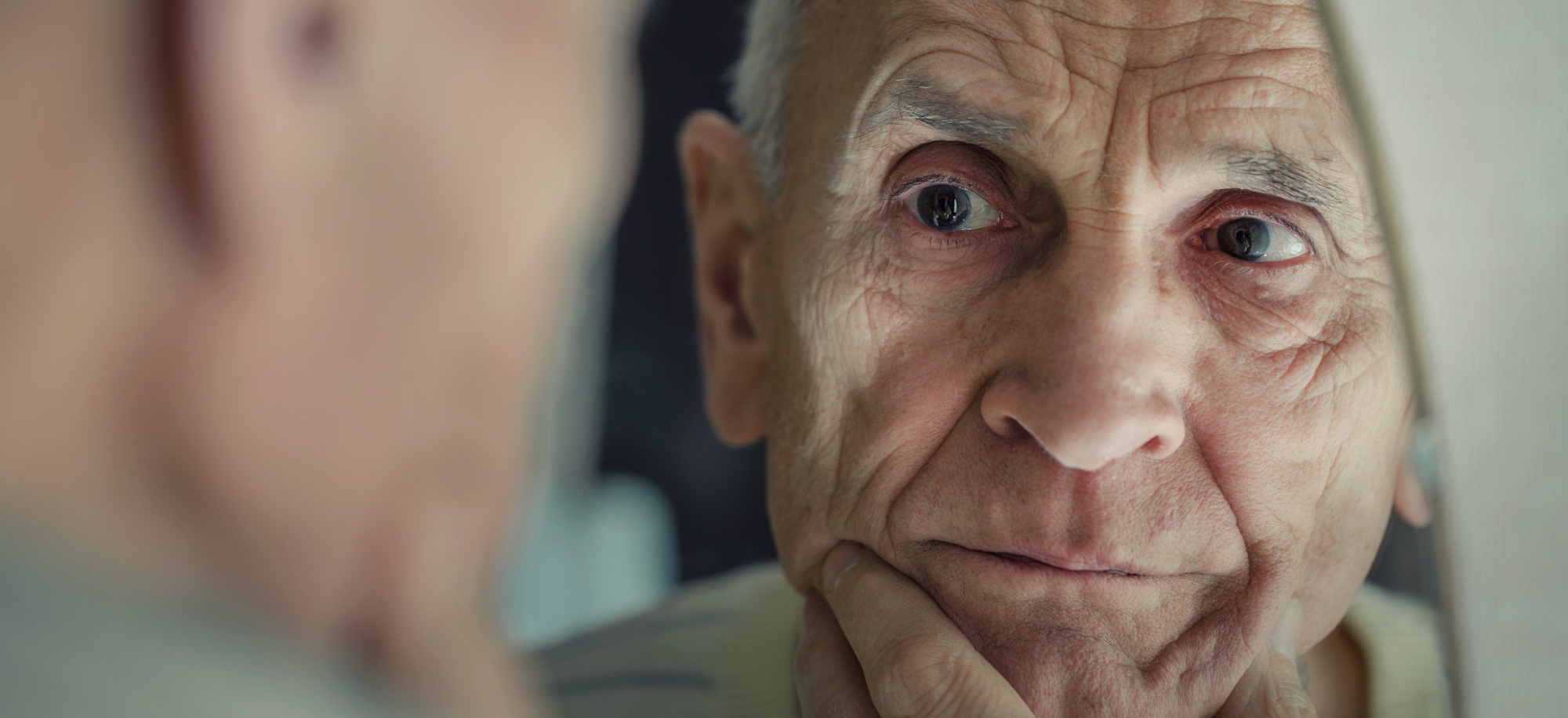“Is suicide selfish?” It’s a question I am asked frequently in my work as a trusted advisor within the military and veteran community. This question was posed to me during media interviews following the news of the tragic deaths of Kate Spade and Anthony Bourdain.
Suicide undoubtedly leaves behind a trail of devastation, profoundly affecting those left behind. Survivors of suicide loss are at increased risk for depression, addiction, and the emergence of suicidal ideation themselves. In my experience working with veterans, the moments of greatest concern for my patients have often followed the suicide loss of a fellow military brother or sister. They experienced a range of overwhelming emotions—including helplessness, fear, and rage that had no clear target. Some felt personally abandoned after losing a battle buddy to suicide.
Yet, despite the immense collateral damage caused by suicide, is it fair to label it as inherently selfish? I have worked with many patients now—both civilians and veterans alike—who have, at times, been in suicidal crises. I would argue that it’s not a matter of selfishness, based on the following observations.
The “suicidal mode” is an altered state of consciousness. When a person is battling with their demons and feeling hopeless, their thinking is often significantly distorted. They do not see reality the way they would if they were not in suicidal crisis. Their thoughts loop on the theme of how they are a burden to those they love. Their brains actively make a case for how others will not really miss them or that, in the long run, those they love would be better off without them somehow. (Of course, loved ones often vehemently disagree with this).
An analogy may be helpful to illustrate this point. Take the case of a person who is in the grips of a late stage eating disorder. Such an individual may be dangerously underweight (and will appear so to others). However, when they look in the mirror, they see themselves as fat. In a similar way, those towards the end of a tunnel of despair often have distorted perceptions of reality—they see themselves as a burden, the same way that an individual struggling with anorexia sees him or herself as fat.
Further, those who are in the grips of the suicidal mode often become mentally detached from those they love. In my work with veterans, I have heard many “near-death” narratives in two distinct categories. In the first category, I have heard the stories of several combat veterans who have nearly had their life taken from them in battle. In the second category, I have witnessed accounts of past suicide attempts. In comparing these two types of stories, I realized that there was a fundamentally different theme. This realization was what led me to the idea for the Warrior Box Project, an innovative suicide prevention initiative that was featured on NPR’s Snap Judgment Memorial Day episode (“Shrapnel,” Aired on May 24, 2018).
When people want to live, during what they think are the last moments of their lives, they connect with the voices and faces of loved ones. During a mortar attack, time may slow down, and they may suddenly “hear” the voices of their children or their wife, or a war buddy who has passed away in battle urging them to “stay in the fight.” The story of suicide attempts is usually different—in these stories, interpersonal detachment is a core part of the suicidal mode. In a sense, people’s demons become like the domestic abuser whose first move is to isolate his or her partner from the influence of those who love them. Demons will ambush those who suffer in silence, but those who break this dangerous code of silence often can regain their hope and will to live.
Let’s continue to build hope by talking openly about mental health and treatment. Treatment can help. Our attachments to those we love, and trust can save us. This battle is one we must take on together.




